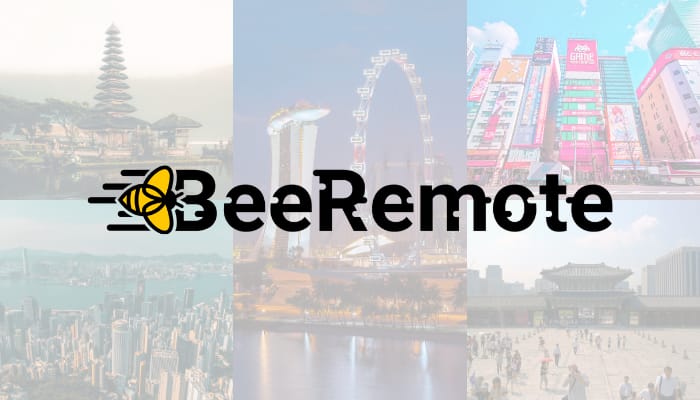Singapore – The COVID-19 crisis has forced companies to evaluate employees beyond their current roles and look closely at employee potential, capability, and most importantly, adaptability to change. In Singapore, building an agile workforce has emerged as a top priority for human resources (HR) and business leaders, according to a survey by global professional services firm Aon.
A total of 415 HR leaders and professionals in Singapore were gathered for the survey, and 84% of them said that an agile workforce is now more important to the success of their business than ever before, with only 38% of them viewing their workforce as agile.
An agile workforce is referred to as quickly assigning new roles to employees to support changing business needs.
“This workforce agility gap between what employees can handle today versus what will be required of them in the near future is a major challenge for companies across industries,” said Na Boon Chong, managing director of Aon’s human capital for Southeast Asia.
“The main issue that businesses are facing today is reskilling the workforce in the right way. At the same time, the ease of remote working tells us that closing off borders to talent is not the solution,” Chong added
With companies eyeing to build a more agile workforce, there remains a challenge of how to create such an environment in an ongoing remote setup.
About 75% of companies in Singapore said they are investing in new tools and technology to improve productivity and collaboration, while more than half are providing employees with wellbeing tools and programs.
Additionally, 46% of respondents said that their companies have enhanced or are considering enhancing allowances and reimbursements to cover mobile phone, internet and home office expenses.
While the above measures go beyond simply identifying the roles that can or cannot work remotely, companies are still unsure of exactly how their working models need to change.
Aon recently held its Work, Travel and Convene Coalition, which gathers Singapore’s leading companies to develop key recommendations and guidelines on workplace processes as the society moves to a new normal. During the meeting, companies put forth the need to quantify the impact of remote work, observing that most Singapore companies have not yet started measuring remote productivity relative to pre-pandemic times.
Enhancing remote work arrangements will create new types of productivity measurements, especially around collaboration metrics, that are more suited to the agile workforce of the future. This was echoed by 84% of survey respondents who said that assessing employees for adaptability, collaboration and communications skills is extremely important in the current business climate.
“Creating agile workforces across industries will include data analysis, segmentation of the workforce, and a sustained period of experimentation, until the right mix of technology and human capital can be achieved,” said Alexander Krasavin, partner and regional commercial head of Aon’s human capital in APAC & MEA.
“Remote working has highlighted the massive shift in working models, bringing into sharper focus the issue of agility. Various sectors are thinking about these things differently — some are using data and questioning how to make remote work better. Others, such as technology companies, have taken a more bottom-up approach,” added Krasavin.


